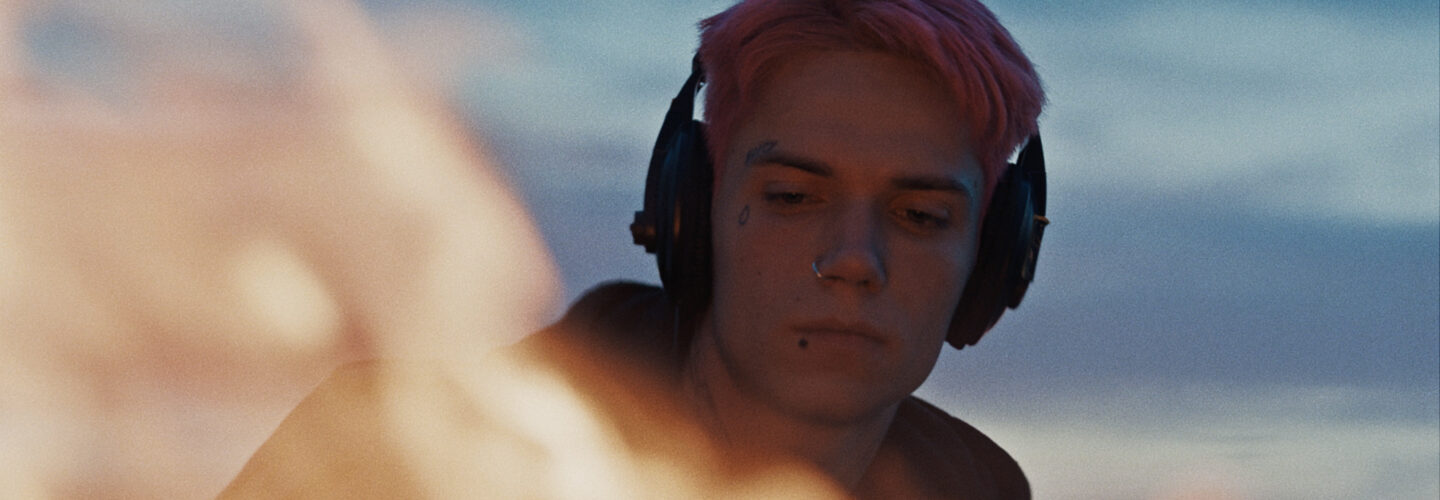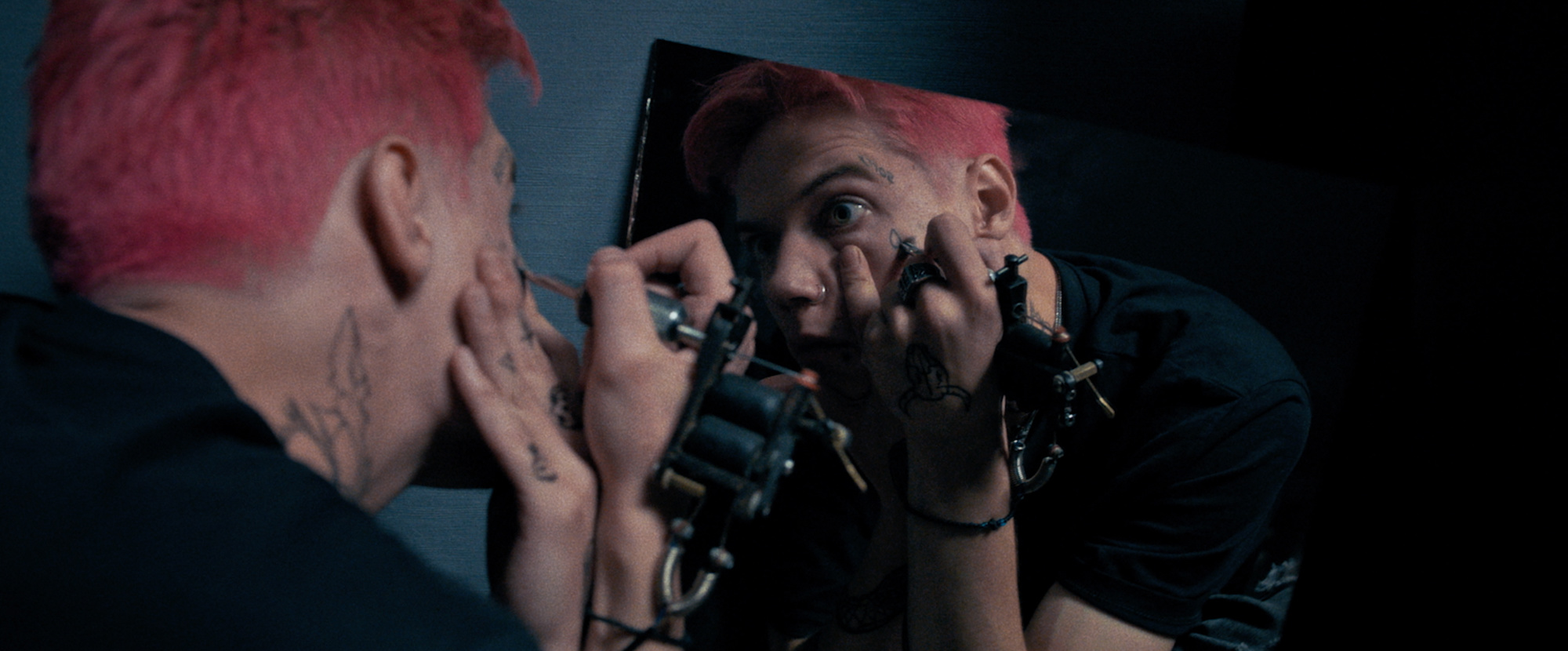
A fractious father-son relationship in which both parties are determined to impose their world view on the other, Zver from Taisia Deeva (last seen on DN here) sees a generational battle between religion and freedom of expression come to a heated head. A video inspired by the arresting sight of a tower block dwarfed church and Lithuanian DJ and producer Dynoro’s “dark, captivating and mesmerising” music, DN caught up with Deeva to find out more.
What inspired this intergenerational clash of ideals?
This story began once I saw the church. I’ve been walking in an unfamiliar neighbourhood on the outskirts of Kyiv and I had to stop because I was totally mesmerised with what I saw. A shiny white Orthodox church with gleaming blue domes totally encapsulated between huge cement blocks. It looked so surreal that for some seconds I refused to believe it really existed.
From history lessons, I remembered that churches were often built on a hill to be the highest and the most impressive construction in the area. A human being entering the church should feel small and unimportant. So I started wondering how the people who lived on the higher floors of the surrounding apartment blocks felt when they looked down at the church.
I started talking to the people in the neighbourhood – the church’s construction was just about to finish – and it turned out that some people were very happy to have this church built next to their house but some people really hated it. The place was strongly emotionally charged with conflicting feelings and attitudes.
A couple of months later I heard Dynoro’s Zver for the first time and I felt the track was genius. It was dark, captivating and mesmerising. It evoked conflicting feelings in me: fascination and anxiety. The image of the church came up in my head. I felt very inspired and started texting my friend – telling him the story that was unfolding in my head. Later I just needed to copy paste everything from these texts into the treatment.
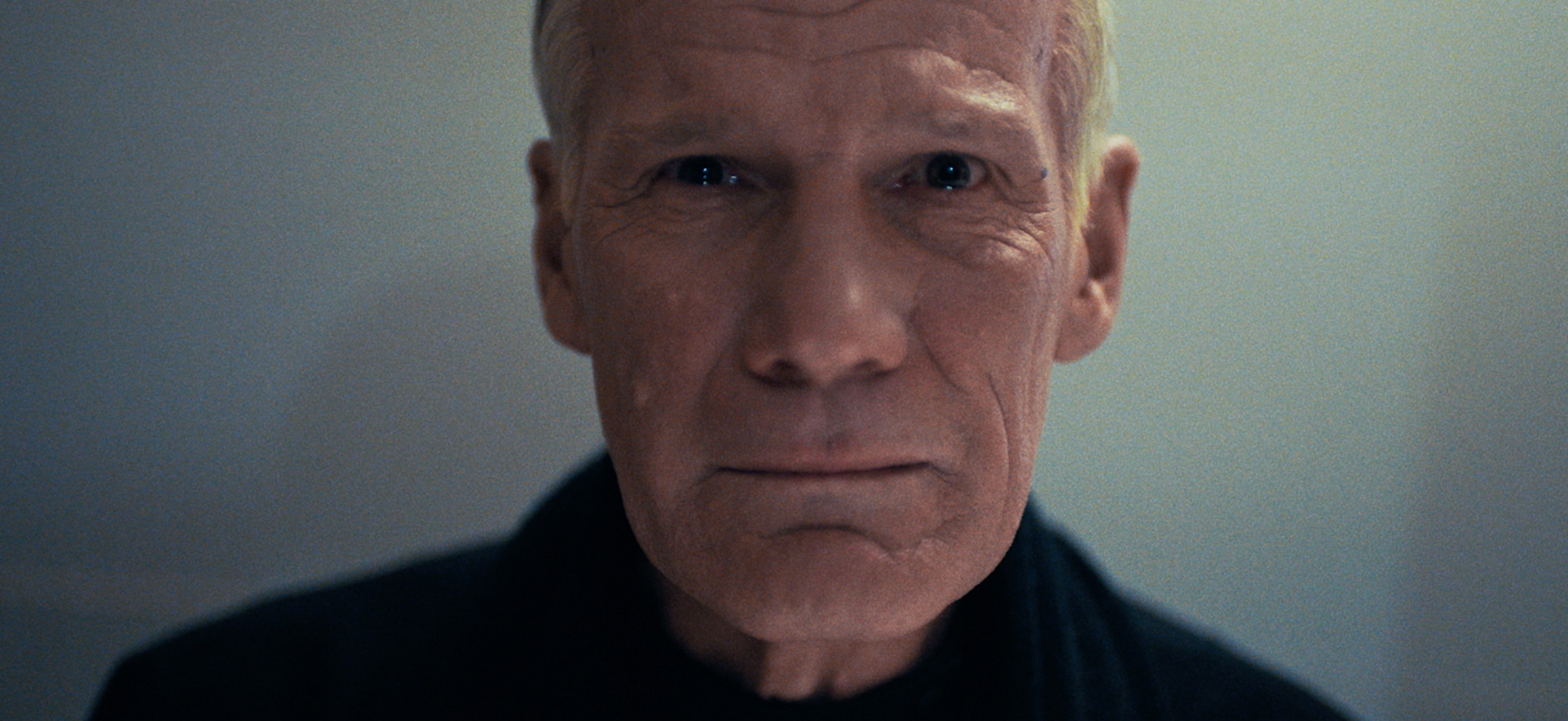
Were there specific qualities you were looking for in your cast especially given the dialogue-free nature of the performances?
We spent quite a lot of time to cast both the boy and the father. I was looking for two males of different generations that not only had good acting skills but emanated unique energy. When Nikolay Taran (the father) entered the casting room, I got up to greet him and when I looked into his eyes I got chills down my spine. That exact moment I knew it was him. With Eugene (the boy) it was different. He was the first and the last person to come into the casting room with a break of two months in between. So we had enough time to establish a personal connection before the final decision was made.
I felt the track was genius. It was dark, captivating and mesmerising. It evoked conflicting feelings in me: fascination and anxiety.
How did you prepare for the limited time you knew you’d have on the shoot?
We had only one day to shoot – 14 hours. The Producer Karina Tateosyan, the DOP Vadim Ilkov and I spent a lot of time outside the official preproduction process visiting locations, discussing how to shoot this story, etc. Vadim and I had to make sure we had the same vision of each scene and shot so that it would go like clockwork on set.


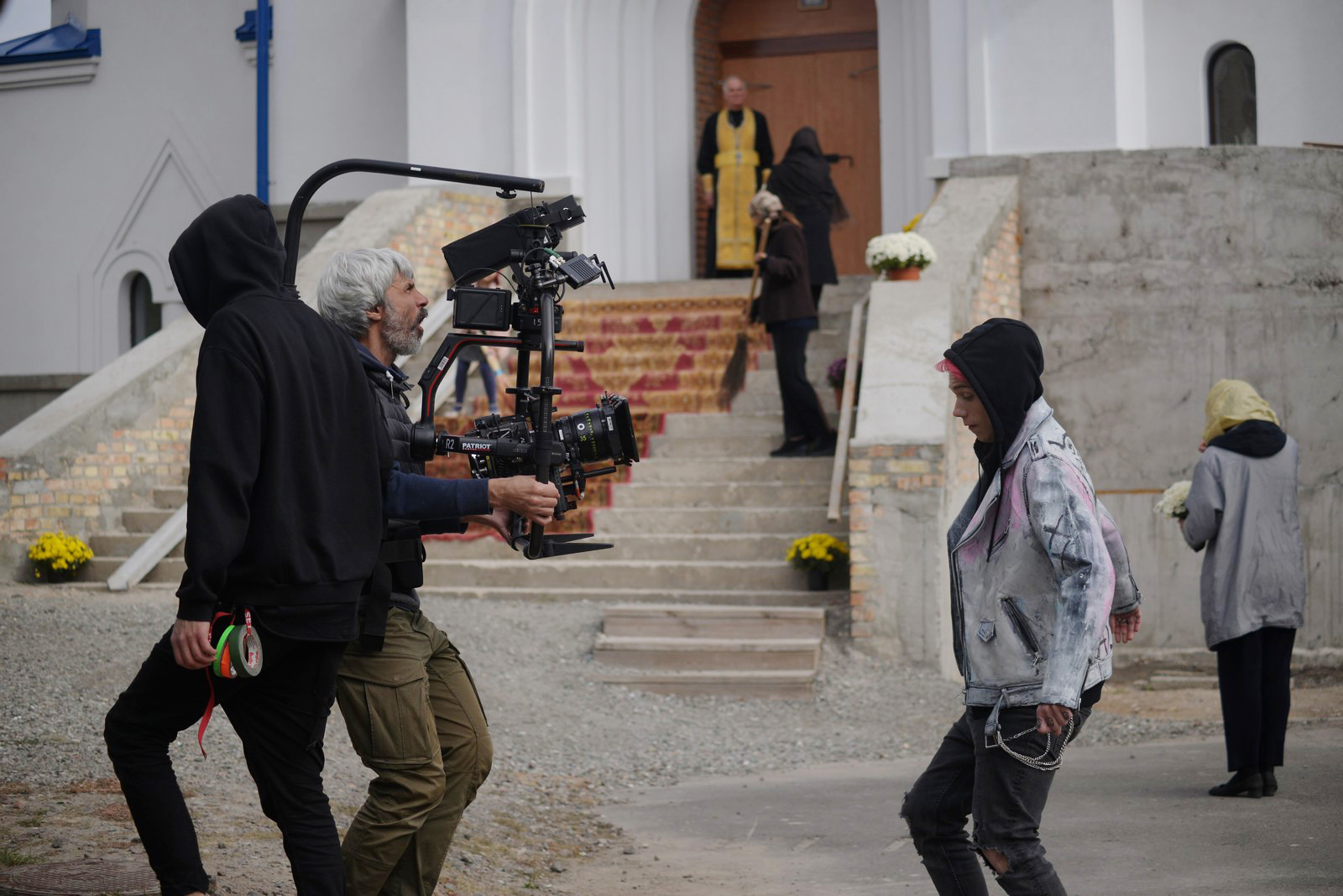

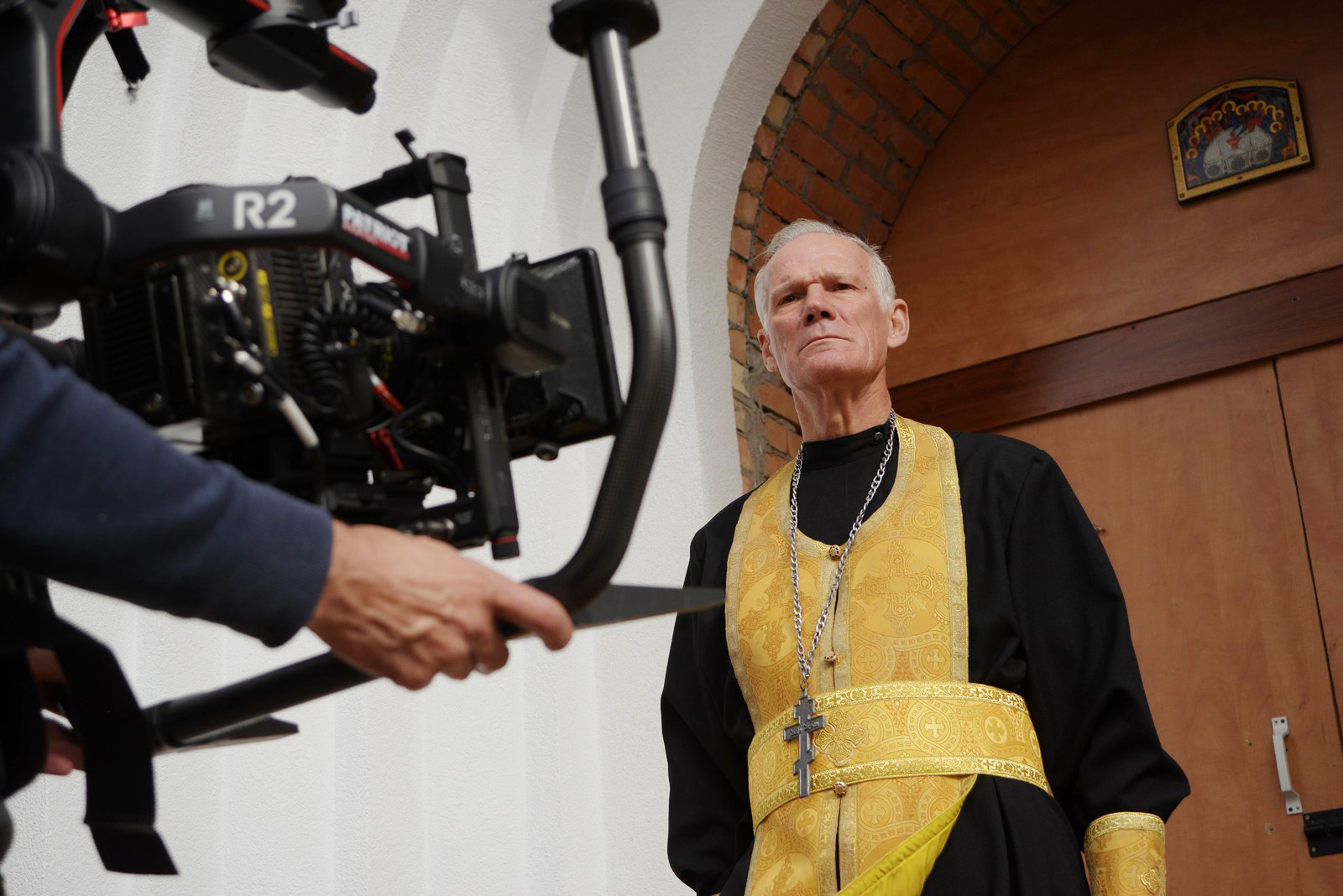

Do you have any new projects coming up?
I was about to go into the production of a music video for a Mexican artist just before the lockdown. I had to postpone the project and I don’t know if the label will still need the video once the situation gets better.

